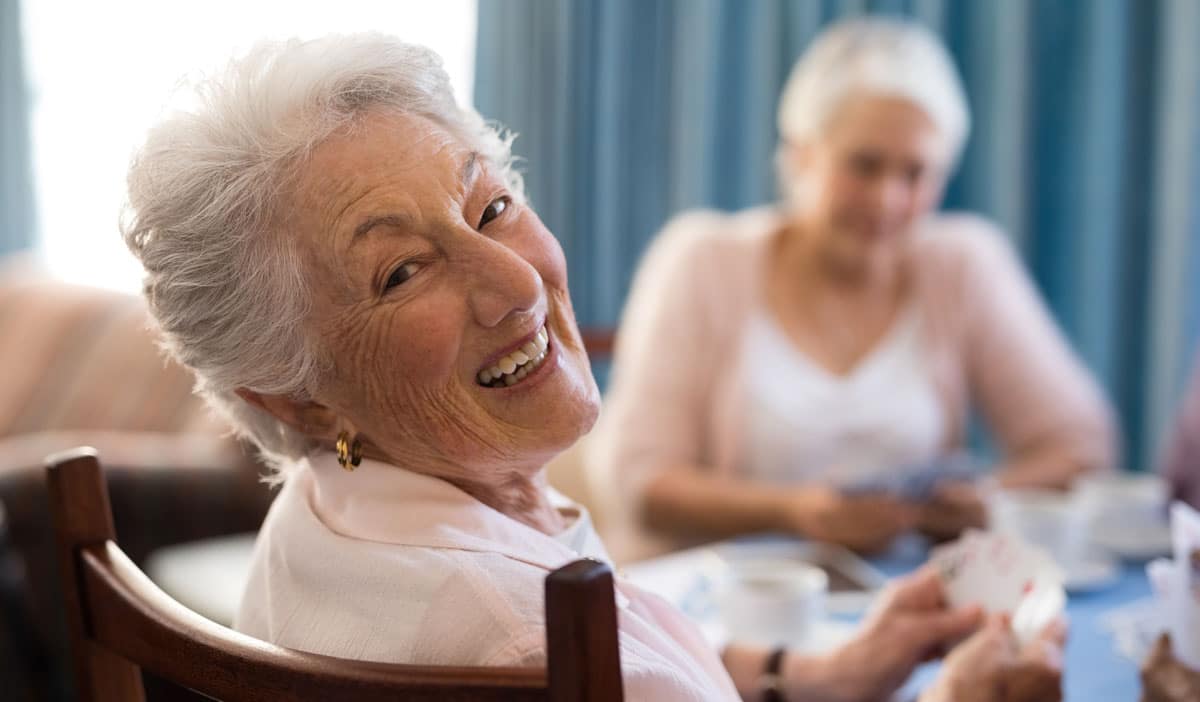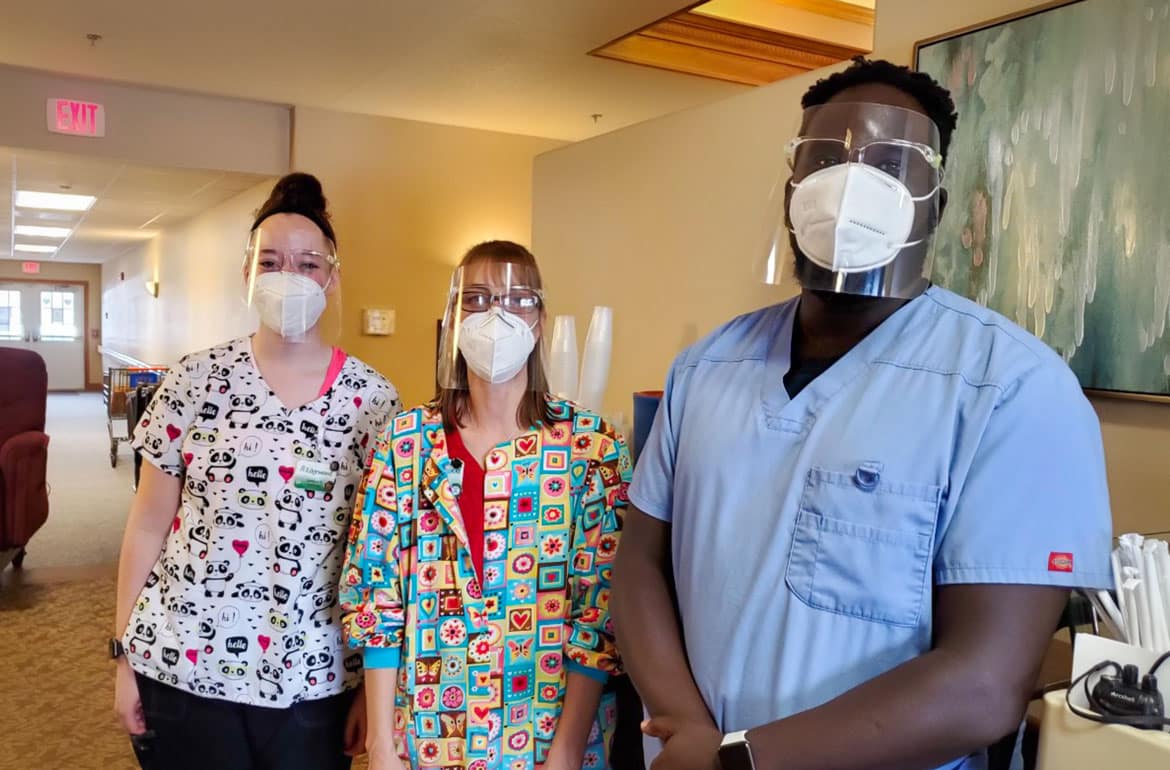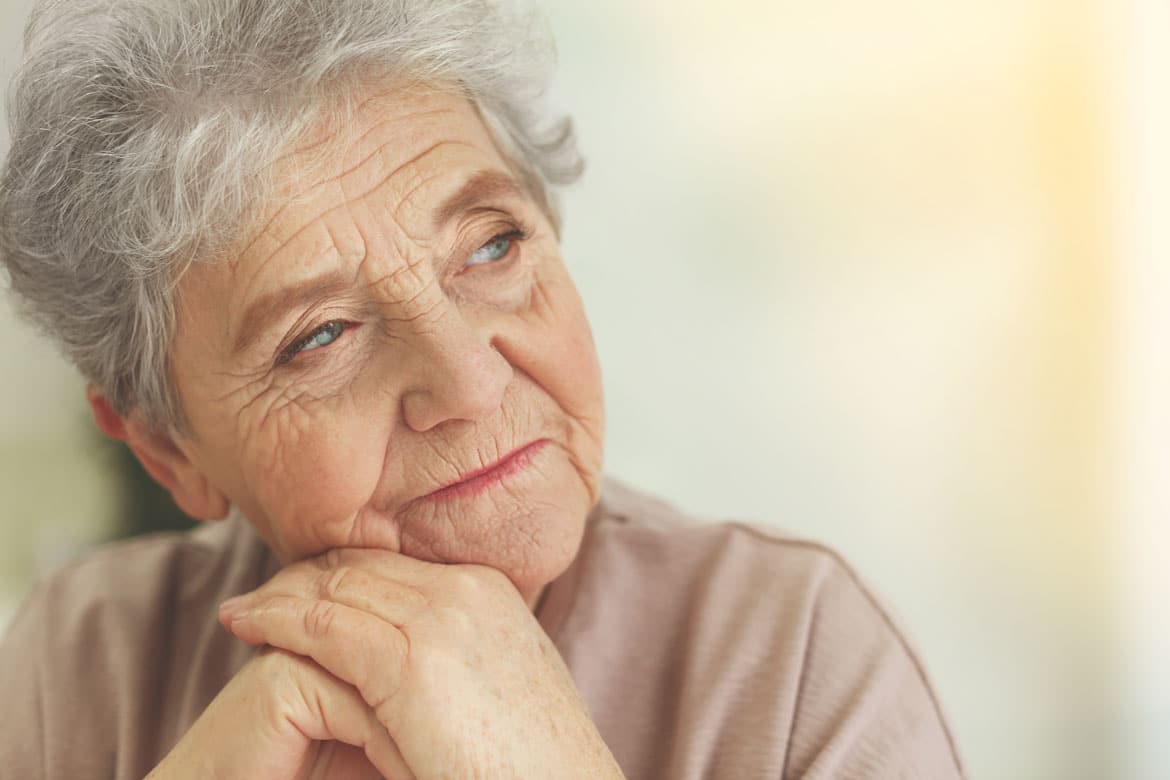
You’ve probably heard of the term “Parkinson’s disease (PD),” but did you know this movement disorder affects an estimated one million people in the U.S. alone? Continue reading to learn more about the causes, symptoms, and care and to help better understand people living with this disease.
What is Parkinson’s?
Parkinson’s disease is a neurodegenerative disorder that affects the dopamine-producing neurons in a specific area of the brain called substantia nigra. Dopamine helps the brain to control movement, and the decrease and loss of it leads to issues with mobility, tremors, and other symptoms.
What are the Symptoms of Parkinson’s?
Symptoms typically develop slowly over years. The progression of the symptoms is usually different depending on the person due to the diversity of the disease. The most common symptoms are:
- Tremor – typically at rest and mainly affects the hands
- Bradykinesia – slowness of movement
- Limb rigidity – stiffness of the arms and legs
- Gait and balance problems – difficulty walking and balancing; unsteadiness
What causes Parkinson’s?
The cause of Parkinson’s is still largely unknown; however, scientists believe a combination of genetic and environmental factors plays the most significant role.
Is there a Treatment for Parkinson’s?
There is no standard treatment for Parkinson’s; rather, the treatment is based on the person’s symptoms. Treatment can include medication, surgical therapy, and lifestyle modifications like getting more rest and exercise.
Here are Some Facts to Help You Better Understand Parkinson’s Disease
Nearly one million people are living in the U.S. with Parkinson’s disease, and approximately 60,000 Americans are diagnosed with PD each year. More than 10 million people worldwide are living with it, and 96 percent of diagnoses are over the age of 50.
Non-movement symptoms can be more troublesome than motor symptoms. In addition to the mobility symptoms like tremors and balance, most people with PD will also develop some non-movement symptoms, like:
- Cognitive changes that can cause issues with attention, planning, language, or memory
- Mood disorders like depression, anxiety, apathy, or irritability
- Fatigue
- Hallucinations and delusions
- Lightheadedness
- Sleep disorders
Some early signs can develop, including:
- tremor
- changes in handwriting
- loss of smell
- trouble sleeping
- trouble moving
- constipation
- changes in your voice
- changes in mood
- dizziness
- changes in posture
There are four main risk factors for developing Parkinson’s:
- Age – Young adults rarely experience PD. It typically begins around age 60 or older, and symptoms under 50 are uncommon.
- Heredity – Having a close relative with Parkinson’s can increase the chance of developing Parkinson’s; however, the risk is still small unless you have many relatives with PD.
- Sex – Men are 1.5 times more likely to develop Parkinson’s than women.
- Environmental Factors – Scientists believe chemicals, toxins, and head traumas can all increase the risk of PD.
Exercise is vital in managing Parkinson’s symptoms when it comes to mobility issues. Studies have shown that people with symptoms who started exercising at least 2.5 hours a week had an increased quality of life.
People with PD can do many low-impact exercises, including tai chi, yoga, Pilates, dance, weight training, walking, and more. Parkinson’s should be treated with a team approach. Because the same person can experience many different symptoms, it’s important to get the best care in every area, from physical, occupational, and speech therapists to nutritionists.
People with Parkinson’s Can Have a Great Quality of Life.
As mentioned, there is no one-size-fits-all approach to managing Parkinson’s. Still, through trial and error, people living with Parkinson’s can find the right combination of medication, surgery, and lifestyle to help them achieve the best quality of life.At Edgewood, we understand the unique and individual challenges of Parkinson’s disease and pride ourselves on helping our residents live at their best. With innovative programs from fall risk reduction, medication reduction, and life enrichment programs, we can ensure that our care will help manage symptoms of Parkinson’s disease. If you or a loved one are interested in our living communities, home health, or other services, please call us at 701.738.2000.






 We are all forgetful at times – even more so as we age. That’s part of being human. However, frequent memory loss that interferes with daily life and increases the risk of harm can be a sign of
We are all forgetful at times – even more so as we age. That’s part of being human. However, frequent memory loss that interferes with daily life and increases the risk of harm can be a sign of 